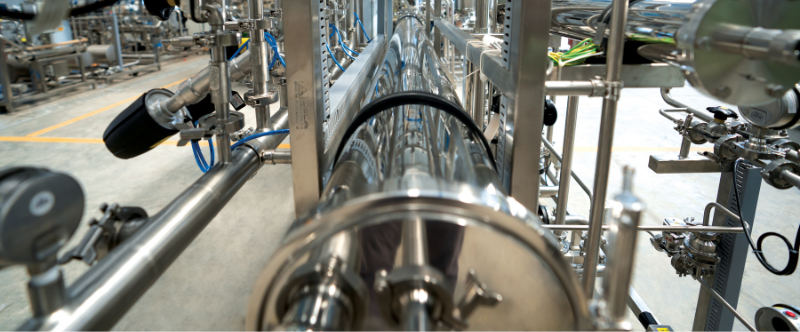Understanding the water purification system in the pharmaceutical industry is the first step toward understanding basic pharma operations. As one of the most crucial resources, pure water is basically required for all stages of manufacturing. From being used as an excipient to a cleaning agent for equipment, pure water is indispensable.
Water purification systems in the pharmaceutical industry are a complex and dynamic discussion and start with understanding the different grades of purified water and their intended uses. The process of preparing Water for Injection and the water needed for cleaning equipment not only differs as a product, but the process to obtain the same is also different and often varies depending on the scope of the manufacturing units.
Pre-Treatment
Water purification systems in pharma can be different based on end-use application, but the process usually starts with treating the feed water. Water that is obtained from natural resources carries many pollutants and contaminants and is subject to seasonal variations in turbidity, flow, and chemistry of the water, which can have an adverse effect on the end product.
Thus every process of water purification in the pharmaceutical industry includes the preliminary steps of chlorination, softening, and dosing, where different chemical compounds are added to ensure that the feed water is finally safe to be introduced into the purified water manufacturing process.
Different Water Purification Systems in the Pharmaceutical Industry
After the process of pre-treatment is completed, the main purification processes take place. Some of the most commonly used water purification systems in the pharmaceutical industry are:
Distillation
Distillation makes use of the volatility (difference in vapour pressures) of the water and contaminants that are suspended in it. In a specifically constructed multi-column distillation plant, the water is heated to a boil, and the fumes are then condensed to produce sterile and pure water.
Water for Injection (WFI) is one of the primary applications for the purified water produced by the distillation process. It is a type of pharmaceutical water that is suitable for putting pharmaceuticals or treatments directly into patients’ bloodstreams.
Reverse Osmosis
Reverse osmosis (RO) is commonly regarded as one of the efficient systems of water purification and is frequently employed in the pharmaceutical industry and other sectors where water is a crucial resource and raw material.
In RO, a high-pressure pump forces the water to flow through a semi-permeable membrane which traps the microorganisms in the water and lets the ‘clean’ water flow, thus getting rid of the contaminants.
Reverse osmosis is extremely effective in removing salts, sugars, dyes, bacteria, other particles, microorganisms, trihalomethanes, pesticides, and even volatile organic compounds. However, it is not able to get rid of the dissolved gases in the water, such as carbon dioxide.
A common system for the production of purified water, recently, there has been an increase in pharma operations accepting RO as a viable process to generate Water for Injection (WFI) as well.
Electric De-Ionization (EDI)
In this process, anode (-ve charge) and cathode (+ve charge) are used. When electricity is passed through the water, the anions are attracted to the anode, and cations are attracted to the cathode. The resultant product of the process is de-ionized water.
EDI is highly effective in getting rid of dissolved particles such as salts, minerals, and organic contaminants from the water.
It is often regarded as one of the most effective, yet economic purification techniques are thus favoured by many in the business.
UV Filtration
A quick and low-cost method of water purification is UV disinfection. In this procedure, a UV lamp is used to expose the water to UV rays of particular wavelengths, which kills pathogens like bacteria, viruses, algae, moulds, etc., in the water.
Apart from the production of healthcare items, one of UV disinfection’s primary uses is Cleaning in Place (CIP), a procedure applied in the pharmaceutical sector to clean vessels, equipment, pipes, filters, and other paraphernalia used in day-to-day manufacturing operations.
Boiling the Water
Raising the temperature of the water to a boiling point is a tried and tested method of water purification that has been in practice since time immemorial. While the process is simple, its efficiency is limited.
Boiling the water can only denature water-borne pathogens to a certain degree but is ineffective in getting rid of the non-organic contaminants which are usually found in the feed water. Owing to its limitations, the process is practiced only as an auxiliary method to complement other more potent methods such as RO or EDI.
Physical Separation
While RO is also a type of physical separation that uses membranes to eliminate contaminants from the water, there are other forms of physical separation techniques that are practiced in the industry.
Filtration is one such technique that uses a filter media such as a grill to ‘trap’ the impurities in the water and let the clean water flow through. However, similar to boiling the water, its impact is limited, and it is also used only in addition to other more ‘full-proof’ techniques.
Although manufacturing facilities take a number of factors into consideration before designing a water purification system that caters to their unique needs and scope, broadly, EDI remains the most effective system to eliminate atomic and molecular impurities, while RO is certainly the best approach to get rid of endotoxins and organic pathogens. A combination of one or more of the above-mentioned systems is usually the best strategy to ensure that the water produced and used in the pharma operations meets all the stringent quality assessments.
The aim of water purification systems in the pharmaceutical industry is simple – preventing contamination of pharmaceutical products. In addition to the above, industries deploy various other purification techniques to obtain pure water. TSA Water Systems is the market leader in designing, manufacturing, and installing pure water systems for pharmaceutical industries. Our team of engineers understands your need and design water systems that are best suited for your business. We create efficient designs so that your pure water systems achieve maximum productivity. Be it RO or distillation, with us, you can be assured of optimal purity per litre.
You might also find these interesting:





